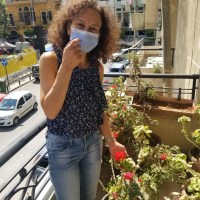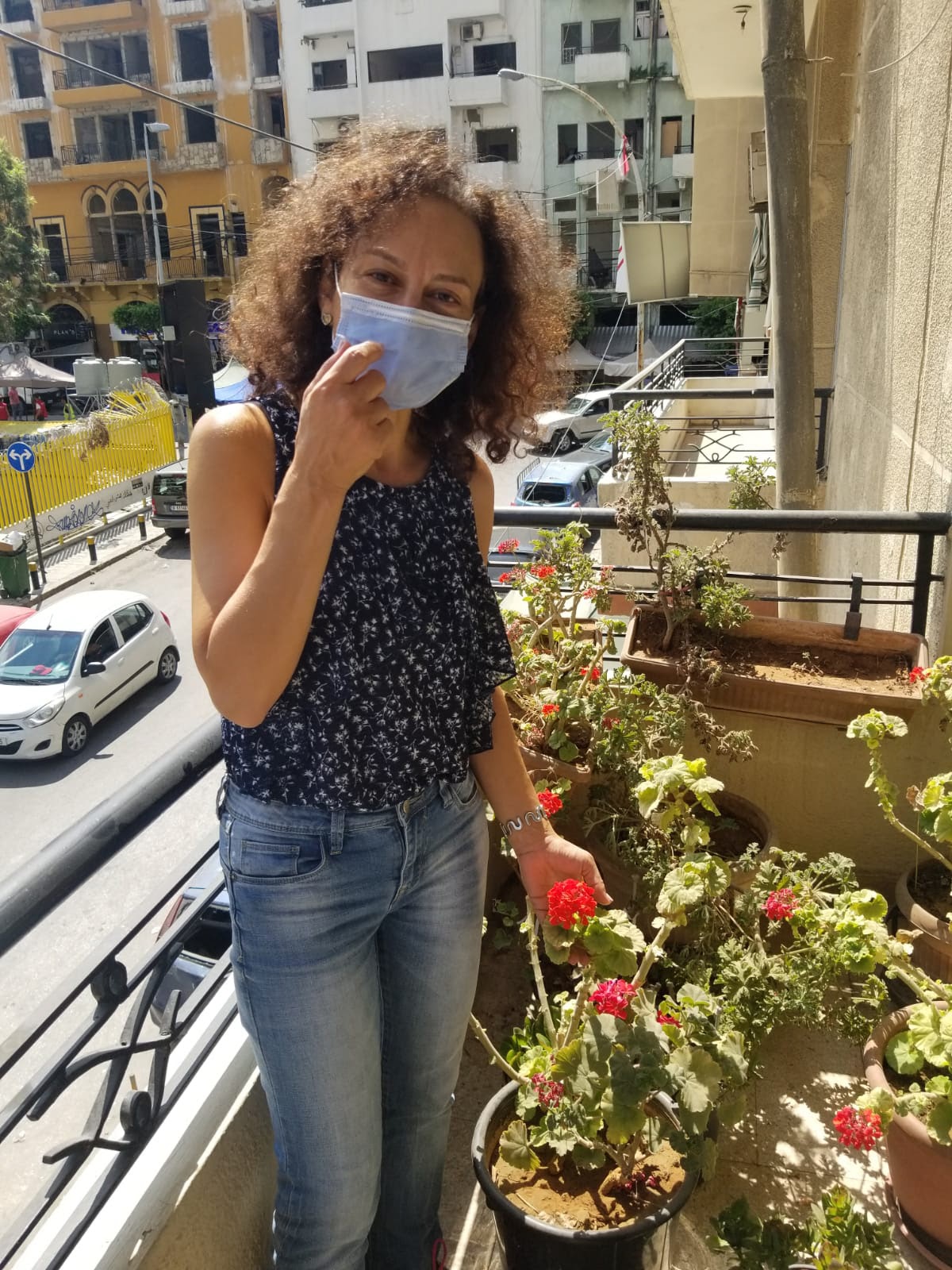Lillian thought they were being bombed.
She was parking on the street, just a moment away from the apartment she shares with her elderly mother, when the blast at Beirut’s seaside port tore through the city.
Lillian ran through the wreckage and dust, glass crunching under her feet, up the stairs, and into her apartment. She found her mom on the floor, bloody, surrounded by shattered glass and the remnants of their shattered life. Bloody but alive.
“All I could think was: thank God we are alive!”
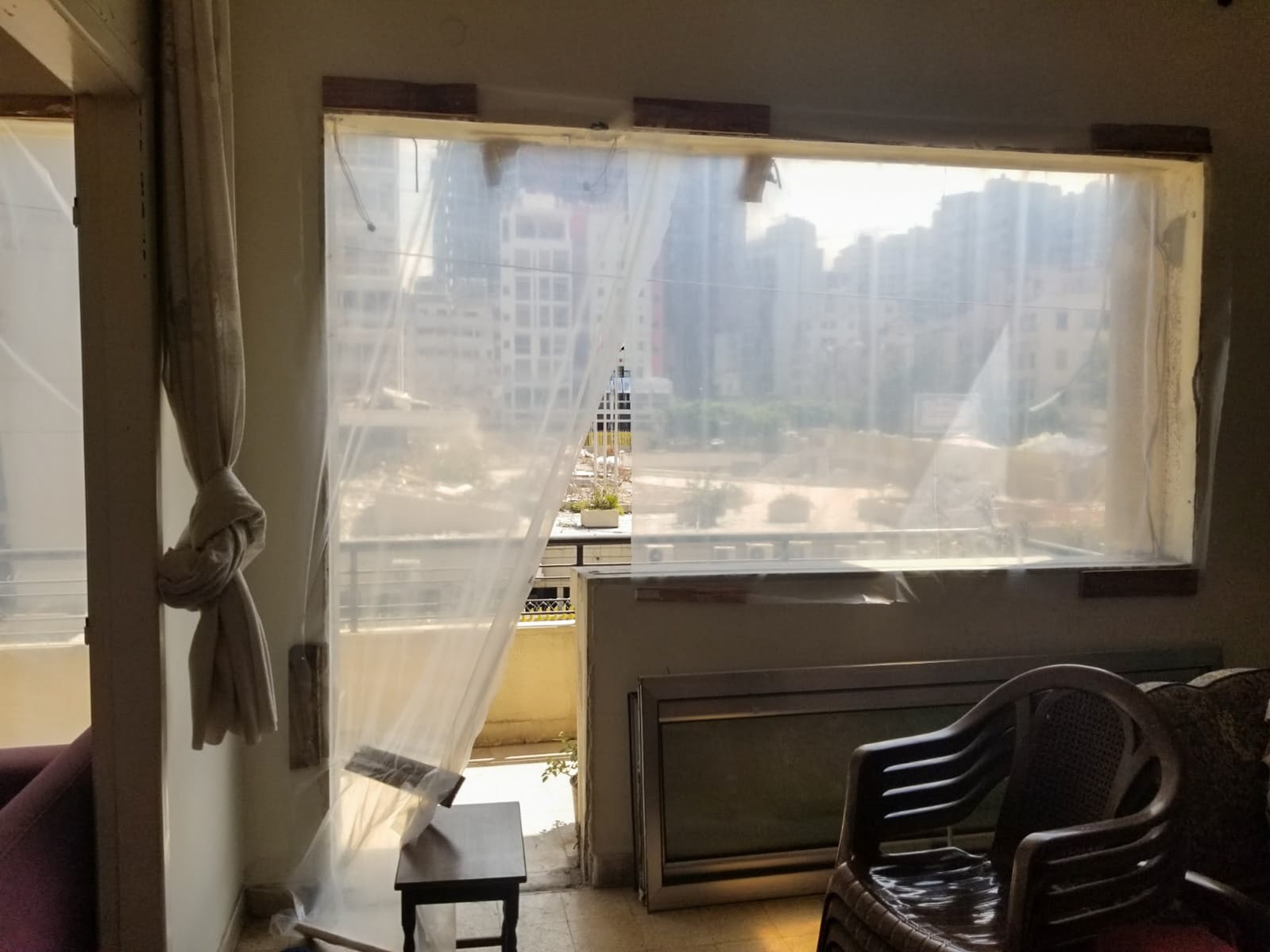
The blast that rocked the commercial heart of the city left 300,000 people homeless. People from all walks of life, all backgrounds. People like Lillian and her mom, who loved nothing more than tending to their flowers on the balcony, and looking out over the neighborhood they called home.
In the first days after the blast, Lillian didn’t think much about their apartment. She was so flooded with gratitude for life there wasn’t room for much else. But it’s a few weeks later now, and a few weeks closer to cooler autumn weather. Lillian returns to the apartment every day to water the flowers, unlikely survivors of a force so strong it blew out windows and doors in a third of the city. The thin sheets of clear plastic keeping the worst of the wind out isn’t going to protect them when the weather turns cold.
But how would they manage?
They couldn’t manage on their own, quite frankly. And thankfully they don’t have to.
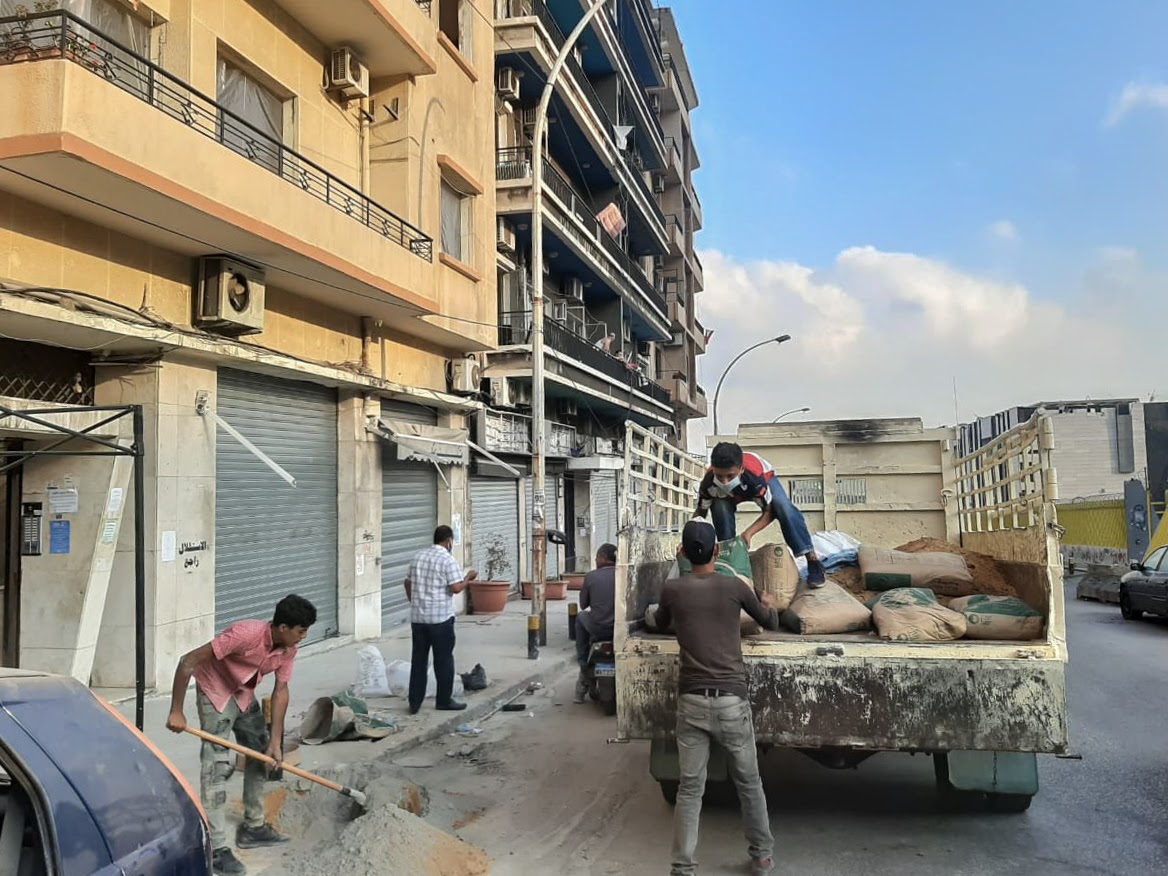
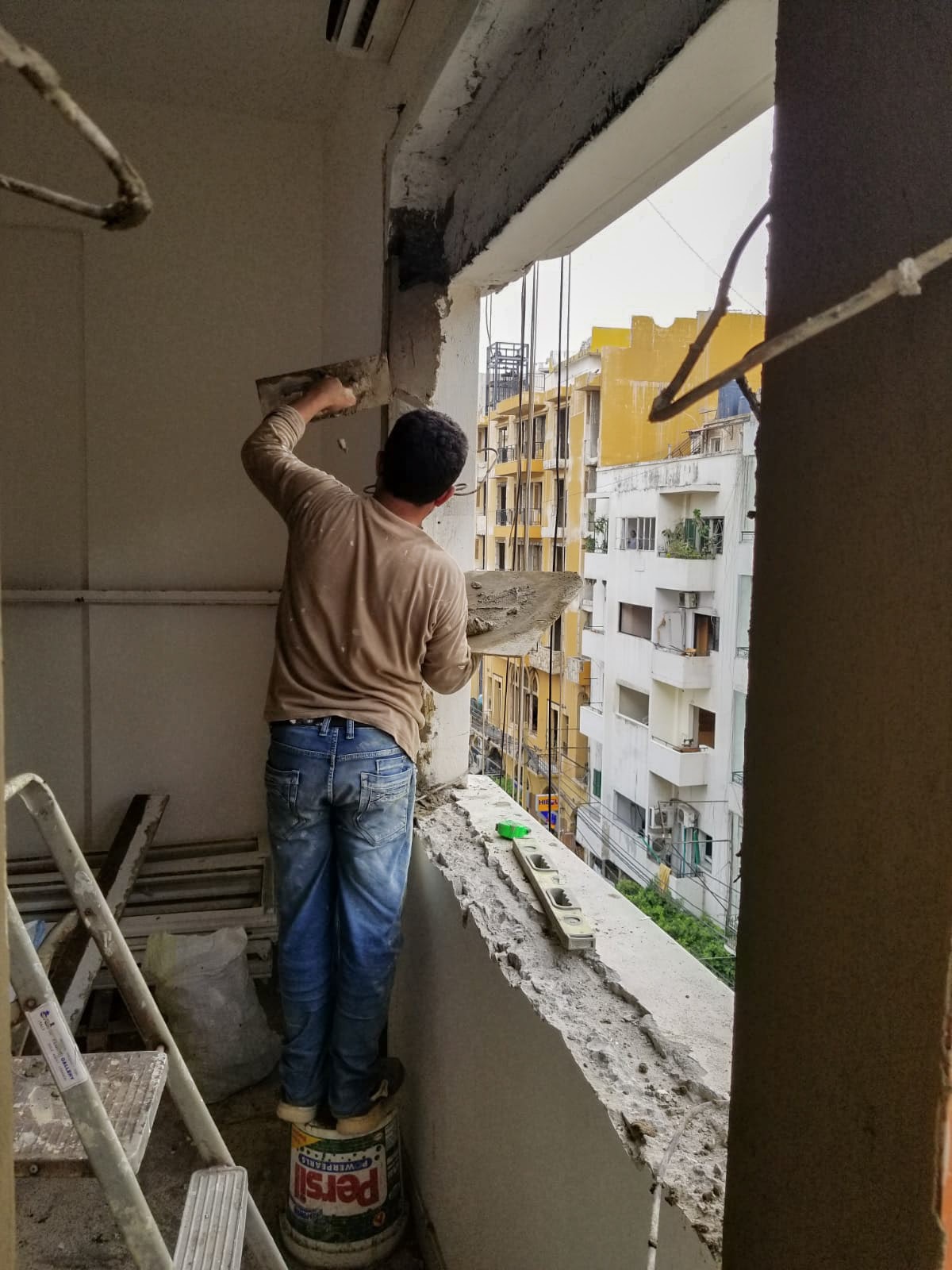
Right now there are tradesmen scaling the stairs of Lillian’s building, up and down, from the first floor of apartments to those at the top.
They are swinging sledgehammers to knock out broken window frames, mixing concrete to repair door openings, and having panes of glass cut to fit the new frames.
For weeks we have been meeting with residents of Beirut and listening to their most urgent needs. We’ve had teams removing debris, completing needed repairs, and soon we’ll be getting families back into their homes.
It’s not easy. The lack of services like electricity, that made life difficult before the blast, continues to plague those who still choose to make Beirut home. Many of the tradesmen who are working hard to heal the physical damage done by the explosion suffered losses themselves. Some tradesmen are refugees from Syria, rebuilding a homeland that isn’t even theirs.
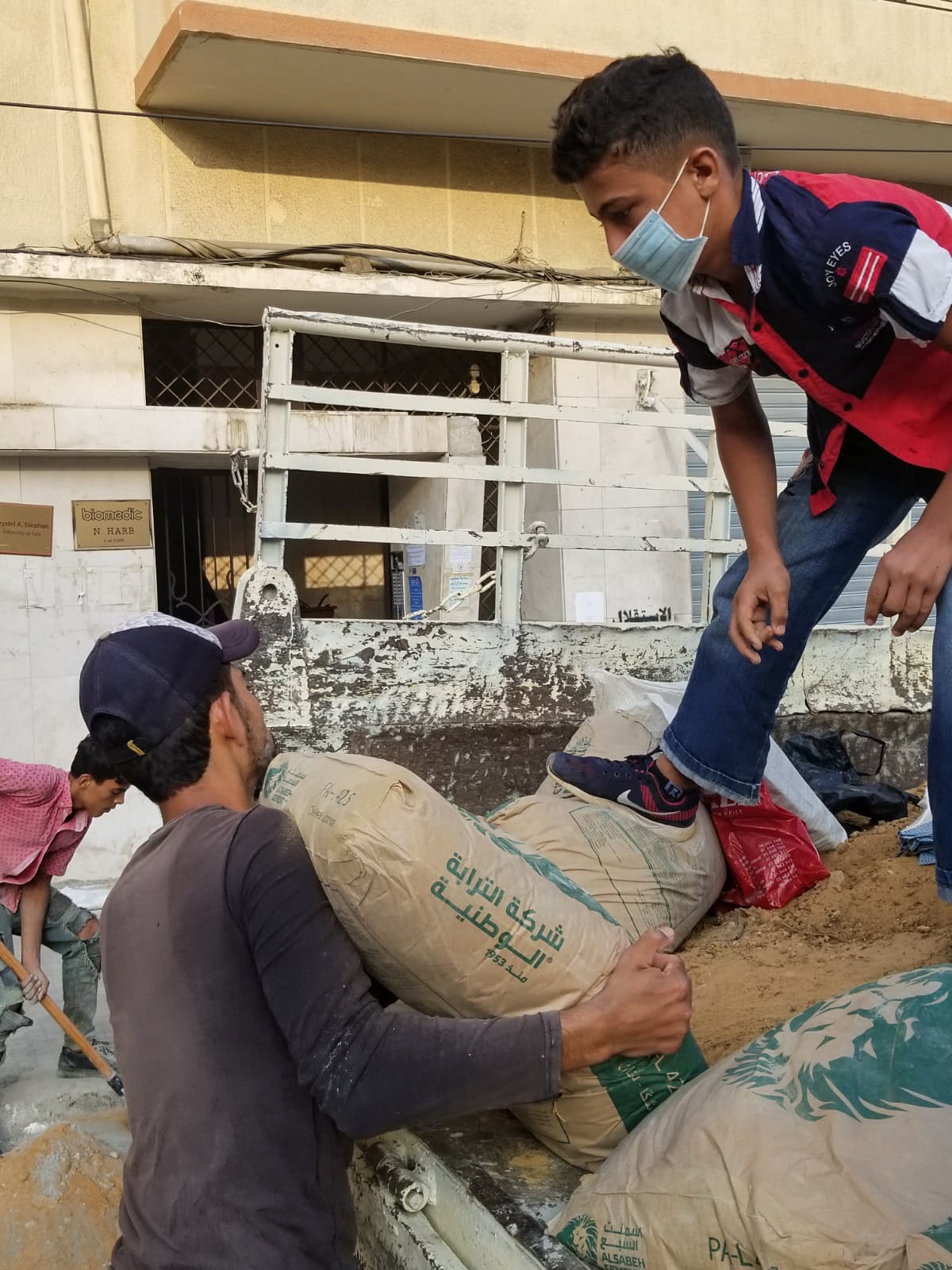
And they’re grateful for the chance to do it. Grateful for those who are standing with them, giving so that women like Lillian and her mom can move back home.
Lillian continues to return to her apartment, dodging debris, to water her resilient flowers. This is her daily act of defiance against hopelessness, a small token of love to any of her neighbors who happen to lift their gaze from the brokenness.

